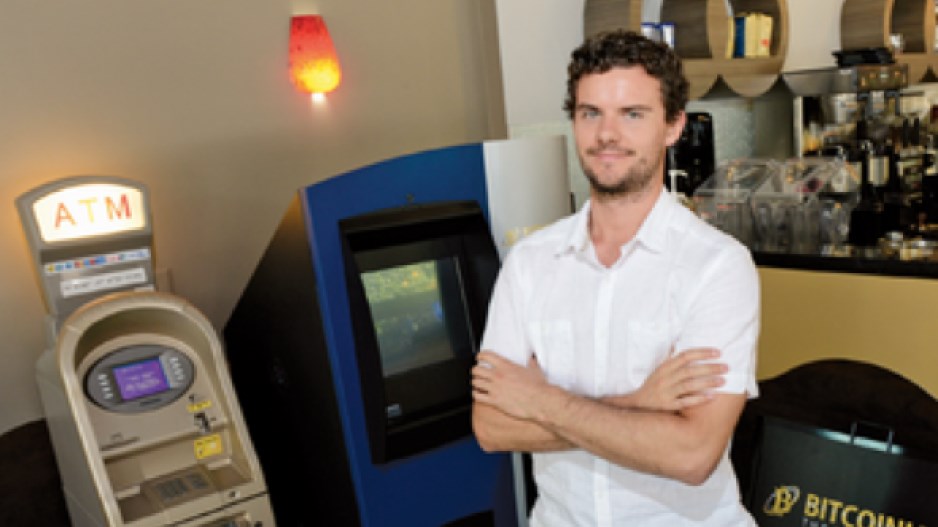About 13 million bitcoins worth about $8.6 billion are circulating around the digital world. But Vancouverites looking to spend the cryptocurrency are in a tough spot.
Despite calling itself home to the world's first Bitcoin ATM, Metro Vancouver has only about 60 physical merchants that accept the digital currency, according to bitcoincoop.org.
“The immediate benefits of accepting Bitcoin – outside of PR value – it's not there,” said Mike Yeung, who founded Simon Fraser University's Bitcoin Club and has organized and spoken at numerous Bitcoin events throughout Vancouver this past year.
While some look to the digital currency for publicity opportunities, Yeung said more needs to be done to develop its infrastructure and entice regular Joes to use it.
That no central authority governs a currency that has risen in value per unit from about US$110 in July 2013 to about US$620 in July 2014 has raised some regulators' eyebrows.
In June, Canada became one of the first countries – possibly the first – to enact legislation that would force companies transmitting Bitcoin to register as a money services business (MSB).
The currency is now subject to the same procedures as Moneytree or Money Mart when it comes to developing a compliance regime or reporting suspicious transactions.
Bitcoiniacs co-founder Paul Szczesny, who helped launch the world's first Bitcoin ATM in Vancouver, said registering as an MSB is a good news-bad news situation.
“We don't know exactly what will be required of us but it is likely going to be quite expensive,” he said.
“Just in order to get some of that paperwork going is going to cost us over $10,000.”
But Szczesny said it could defrost the chilly banking climate.
“Right now none of the major charter banks are willing to deal with Bitcoin businesses because of regulatory uncertainty,” he said.
“We're hoping with the new regulations the banks will be more open.”
Bitcoin's value is derived from its limited supply and its usefulness.
Only 21 million bitcoins will ever be “mined” by sophisticated computer programs. Furthermore, the currency is transferred directly between merchants and consumers, which eliminates transaction fees that would be charged by a bank or a service such as PayPal.
While the number of physical retailers is lacking in Vancouver, Yeung pointed out that many local online retailers can benefit from accepting Bitcoin because their products can reach a much bigger market.
Vancouver-based Reelhouse announced in June it would begin accepting the digital currency. The video-on-demand service, which offers a platform allowing filmmakers to sidestep major studios and distribute movies online, said Bitcoin's ability to shake up the established system fits perfectly with Reelhouse's own mandate.
Software developer Jordan Jefferson, who helped usher in Bitcoin at Reelhouse, said using the digital currency amounts to more than just a PR stunt.
“There seems to be a lot of demand from [online] consumers for new businesses to accept Bitcoin,” he said. “It makes sense for us to capitalize on that demand.”
Yeung noted that merchants could boost adoption rates by offering discounts to Bitcoin users, since the absence of fees means they wouldn't have to pass on transaction costs.
“They [local merchants] might as well jump on board even though the user adoption rate is not that high at the moment,” he said. “There's still a lot of PR value at just taking Bitcoin.”




